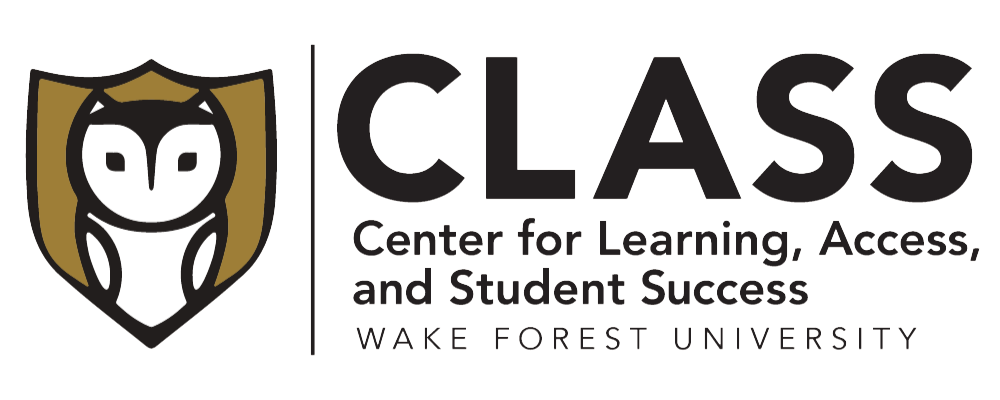Calendar
October 2025 ›
SMTWTFS
- Wed 10/17:30AM – 1AM
- Thu 10/27:30AM – 1AM
- Fri 10/37:30AM – 7PM
- Sat 10/410AM – 5PM
- Sun 10/59AM – 1AM
- Mon 10/67:30AM – 1AM
- Tue 10/77:30AM – 1AM
- Wed 10/87:30AM – 1AM
- 7:30AM – 1AM– Fields of Fortune: North Carolina’s Legacy in Leaf and Labor ZSR Library, Special Collections & Archives Research Room (Room 625)
- 7:30AM – 7PM
- CLOSED
- CLOSED
- 8AM – 5AM
- 7:30AM – 1AM
- 7:30AM – 1AM
- 7:30AM – 1AM
- 7:30AM – 7PM
- 10AM – 5PM
- 9AM – 1AM
- 7:30AM – 1AM– An Evening with Curtis Chin: Everything I Learned, I Learned in a Chinese Restaurant ZSR Library, Library Auditorium (Room 404)
- 7:30AM – 1AM– CAT Book Discussion, 10 to 25: The Science of Motivating Young People ZSR Library, Faculty Commons Classroom 665– 5th Annual AWFUBA/AAS Homecoming Lecture with Dr. Dana A. Williams ZSR Library, Library Auditorium (Room 404)
- 7:30AM – 1AM
- 7:30AM – 1AM
- 7:30AM – 7PM
- 10AM – 5PM
- 9AM – 1AM
- 7:30AM – 1AM
- 7:30AM – 1AM
- 7:30AM – 1AM
- 7:30AM – 1AM
- 7:30AM – 7PM
Campus Partners in ZSR
- Monday – Thursday
- 8AM – 9PM
- Friday
- 8AM – 5PM
- Saturday
- 12PM – 5PM
- Sunday
- 11AM – 8PM
Get technology help at The Bridge on Level 2 in ZSR
- Monday – Friday
- 10AM – 5PM
- Sunday – Thursday
- 7PM – 10PM
Get writing help at The Writing Center on Level 4 in ZSR



